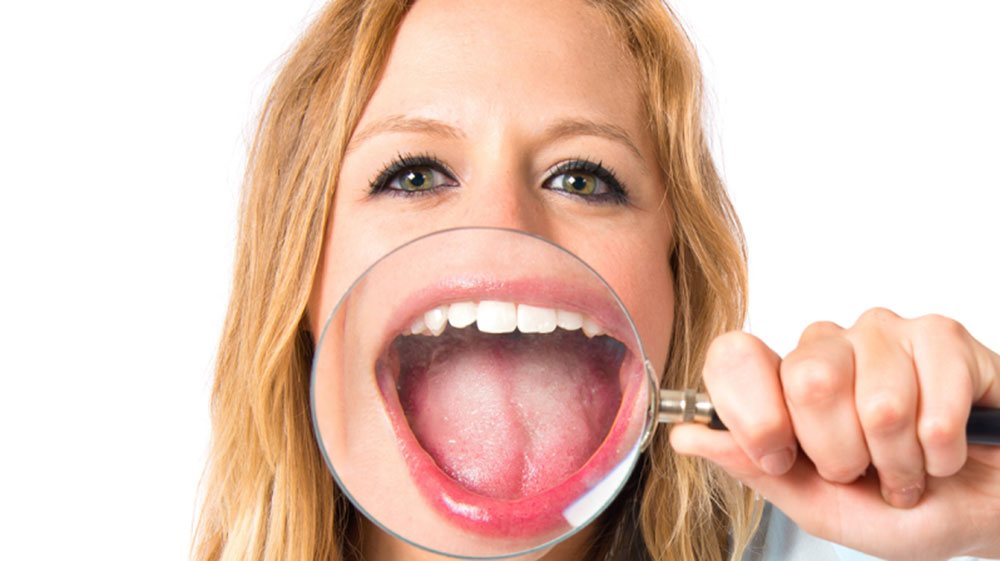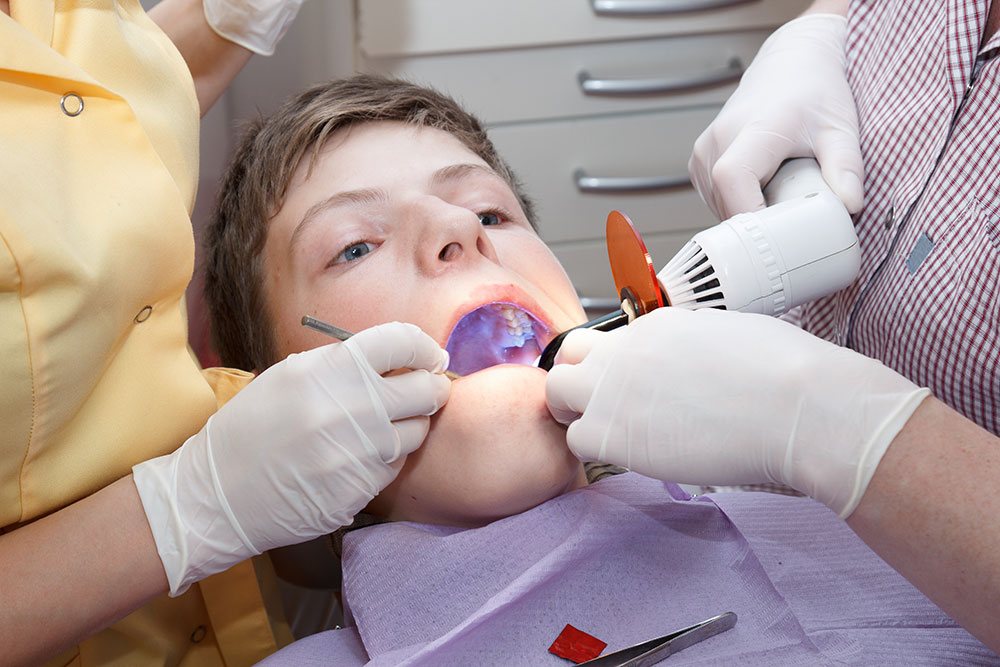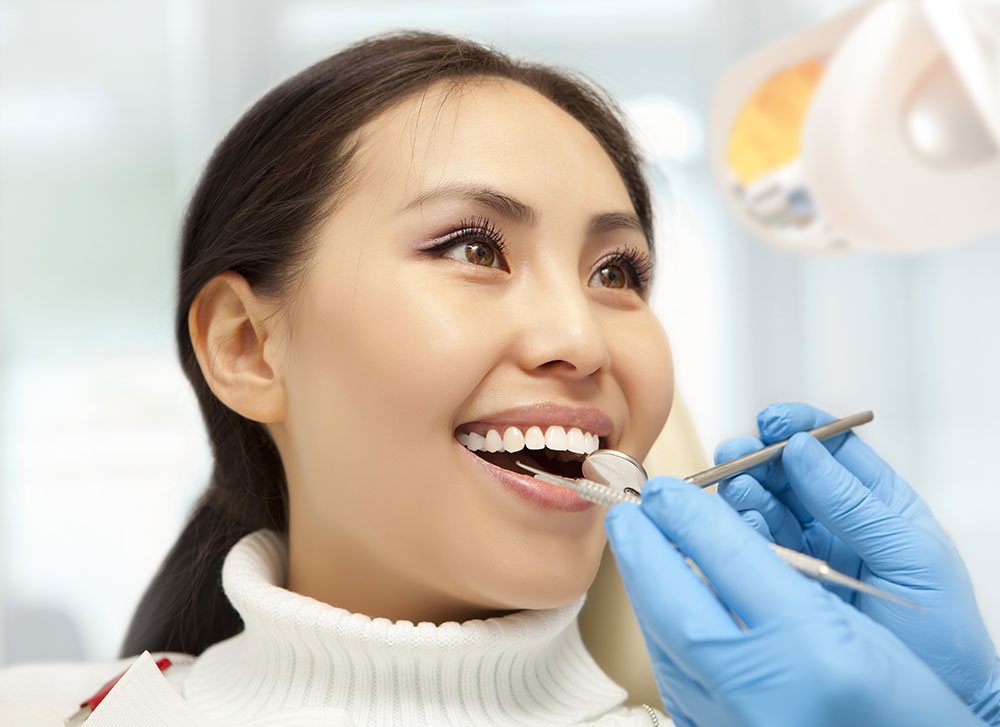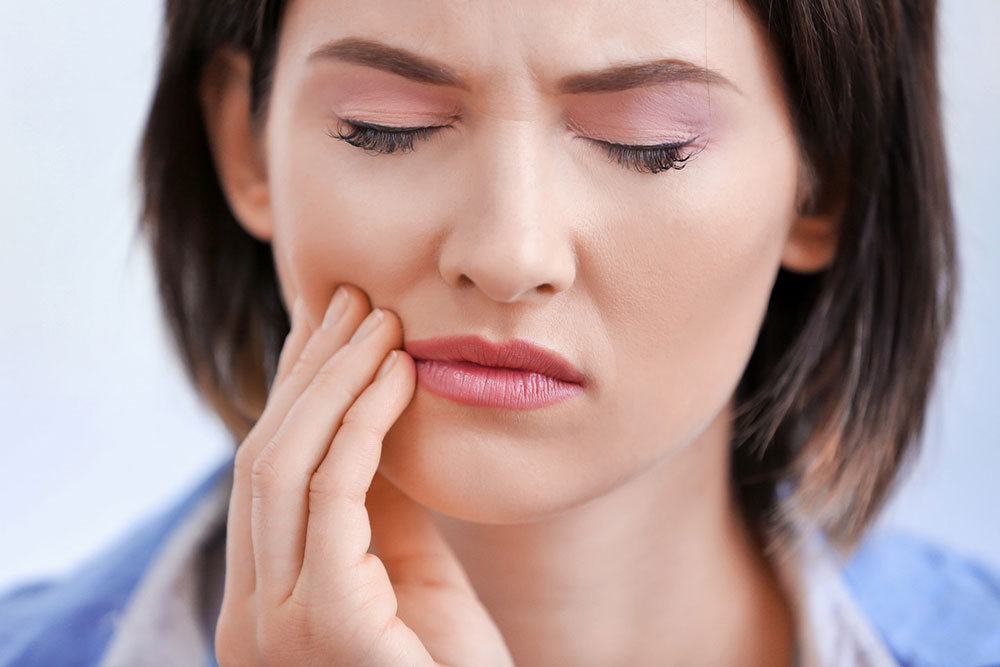Spotlight on dental fluorosis
 Dental fluorosis is the appearance of white or brown marks on children's permanent teeth.
Dental fluorosis is the appearance of white or brown marks on children's permanent teeth.
- Caused by a lack of minerals in tooth enamel, sometimes due to excessive consumption of fluoride (found in drinking water, mouthwash and toothpaste)
- Severe stains can be disguised by professional tooth whitening
- See your dentist about managing your child's fluoride consumption or they are self-conscious about their smile
"Having dental fluorosis can be a nuisance to your child?s physical appearance, but there aren?t any lasting effects of this condition on oral health"
Read the full story here: http://yourdentalhealthresource.com/spotlight-on-dental-fluorosis/

 Periodontitis is a severe inflammatory gum disease, often resulting in tooth loss. Recent studies suggest that this condition may increase the risk of developing other serious health conditions, including cirrhosis of the liver.
Periodontitis is a severe inflammatory gum disease, often resulting in tooth loss. Recent studies suggest that this condition may increase the risk of developing other serious health conditions, including cirrhosis of the liver. Brushing, flossing and regular check-ups with your dentist are essential ways to protect your smile. However, it is also important to remember that consuming sugar causes bacteria in the mouth to multiply and produce acid, which damages the enamel coating of the teeth. Saliva helps to get rid of excess sugar and acid.
Brushing, flossing and regular check-ups with your dentist are essential ways to protect your smile. However, it is also important to remember that consuming sugar causes bacteria in the mouth to multiply and produce acid, which damages the enamel coating of the teeth. Saliva helps to get rid of excess sugar and acid. Of itself, leukoplakia is not a serious condition and will usually clear up in a few days but this is not always the case and treatment by a dentist may be required. The symptoms are plaque-like white or grey patches that can appear on the cheek linings, gums, tongue and the bottom of the mouth. Leukoplakia is strongly associated with smoking but anything which irritates the mouth and tongue can contribute to the condition. These can include:
Of itself, leukoplakia is not a serious condition and will usually clear up in a few days but this is not always the case and treatment by a dentist may be required. The symptoms are plaque-like white or grey patches that can appear on the cheek linings, gums, tongue and the bottom of the mouth. Leukoplakia is strongly associated with smoking but anything which irritates the mouth and tongue can contribute to the condition. These can include: New technology could make visiting the dentist less scary. Up to 10% of dentists in Europe are now using lasers to prepare cavities and both patients and dentists prefer this new method. Experiments are also being carried out in the fields of stem cell research, nanotechnology and remineralization of teeth.
New technology could make visiting the dentist less scary. Up to 10% of dentists in Europe are now using lasers to prepare cavities and both patients and dentists prefer this new method. Experiments are also being carried out in the fields of stem cell research, nanotechnology and remineralization of teeth. Many of us loathe trips to the dentist due to a fear of drills and similar tools used to treat cavities. However, a new laser technology may soon change the ways in which a dental professional cares for our teeth and ensures a lasting smile.
Many of us loathe trips to the dentist due to a fear of drills and similar tools used to treat cavities. However, a new laser technology may soon change the ways in which a dental professional cares for our teeth and ensures a lasting smile. The modern dentist enables us to maintain a healthy set of teeth and to enjoy a cutting-edge smile. However, humans may have been concerned about oral hygiene for millennia. A preserved set of teeth has recently been dated to no less than 13,000 years ago. There were signs of surface modifications as well as the presence of plant fibers and tar. Could these have possibly been used to treat an underlying condition? What do the experts think?
The modern dentist enables us to maintain a healthy set of teeth and to enjoy a cutting-edge smile. However, humans may have been concerned about oral hygiene for millennia. A preserved set of teeth has recently been dated to no less than 13,000 years ago. There were signs of surface modifications as well as the presence of plant fibers and tar. Could these have possibly been used to treat an underlying condition? What do the experts think? Menopause can cause a wide range of distressing symptoms, including some dental health ailments such as gum disease and tooth loss. But luckily, some studies have shown a link between hormone replacement therapy and improved dental health.
Menopause can cause a wide range of distressing symptoms, including some dental health ailments such as gum disease and tooth loss. But luckily, some studies have shown a link between hormone replacement therapy and improved dental health. A tooth abscess is an unpleasant dental condition that can interfere with daily habits like eating and chewing, so it's important to be wary of them if you want to protect your smile.
A tooth abscess is an unpleasant dental condition that can interfere with daily habits like eating and chewing, so it's important to be wary of them if you want to protect your smile. Dental implants are an excellent way to replace missing teeth so you can still have that beautiful smile. It's important to follow your dentist's instructions after having an implant in order to keep the area clean and to allow the site to heal.
Dental implants are an excellent way to replace missing teeth so you can still have that beautiful smile. It's important to follow your dentist's instructions after having an implant in order to keep the area clean and to allow the site to heal.


